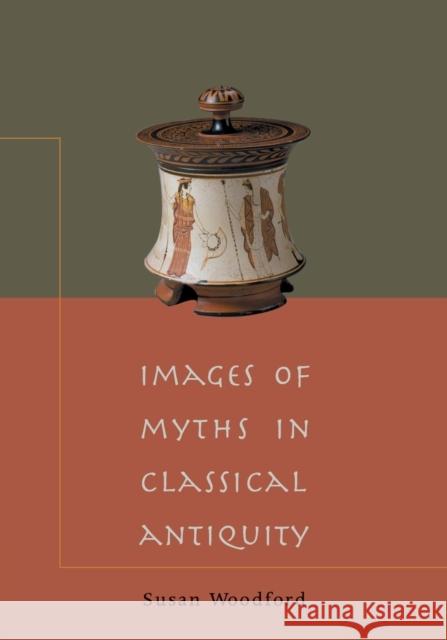Images of Myths in Classical Antiquity » książka
Images of Myths in Classical Antiquity
ISBN-13: 9780521788090 / Angielski / Miękka / 2002 / 332 str.
Stories take time to tell; Greek and Roman artists had to convey them in static images. How did they go about it? How could they ensure that their scenes would be recognized? What problems did they have? How did they solve them? This generously illustrated book explores the ways classical artists portrayed a variety of myths. It explains how formulas were devised for certain stories; how these inventions could be adapted, developed and even transferred to other myths; how one myth could be distinguished from another; what links there were with daily life and historical propaganda; the influence of changing tastes, and problems still outstanding. Examples are drawn from a wide range of media--vases, murals, mosaics, sarcophagi, sculpture--used by the ancient Greeks and Romans. The myths are mostly those that are also easily recognized in later works of art. No previous knowledge of the subject is assumed, all examples are illustrated and all names, terms and concepts are fully explained. Susan Woodford teaches Greek and Roman art at the University of London and is engaged in research for the Department of Greek and Roman Antiquities at the British Museum. A former Fullbright Scholar and Woodrow Wilson Fellow, she and is author of The Parthenon (Cambridge, 1981), The Art of Greece (Cornell, 1993), An Introduction to Greek Art (Cornell, 1986) and The Trojan War in Ancient Art (Cornell, 1993).











